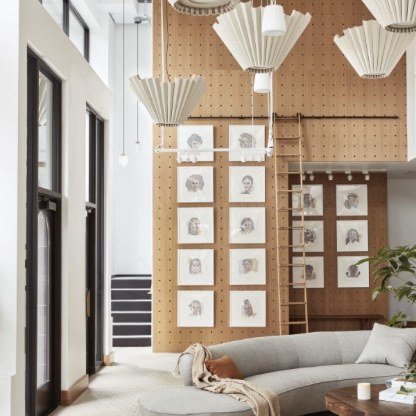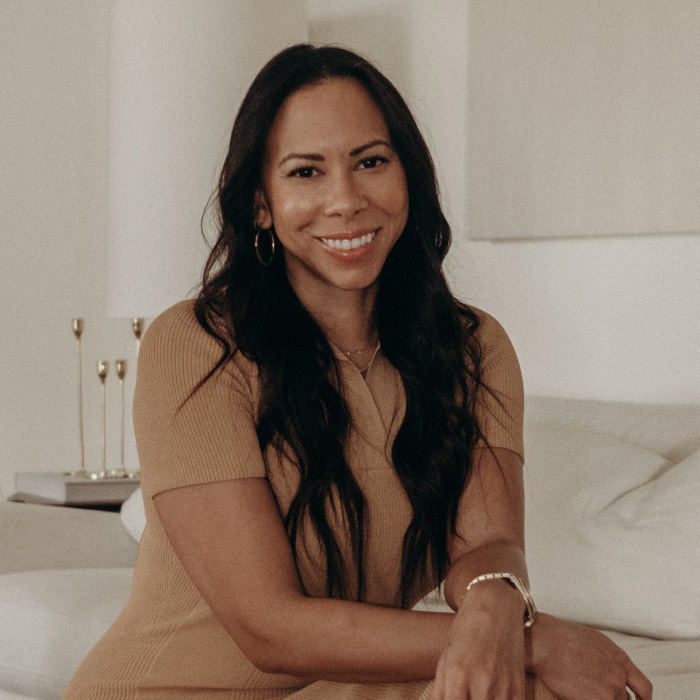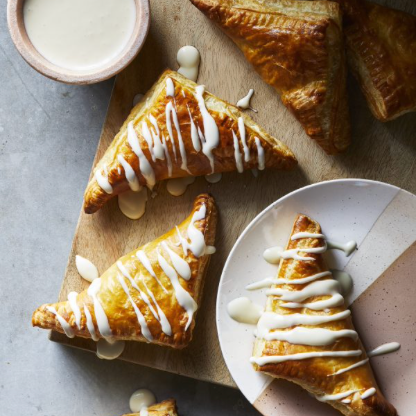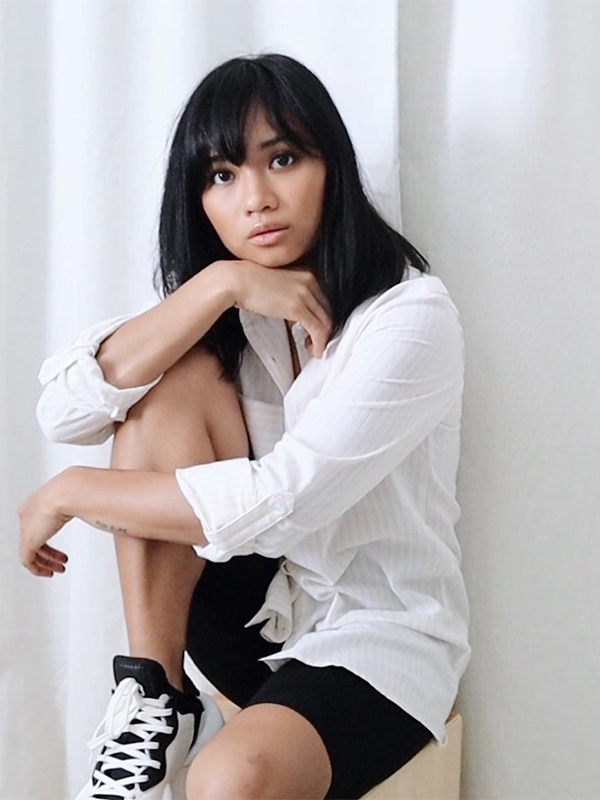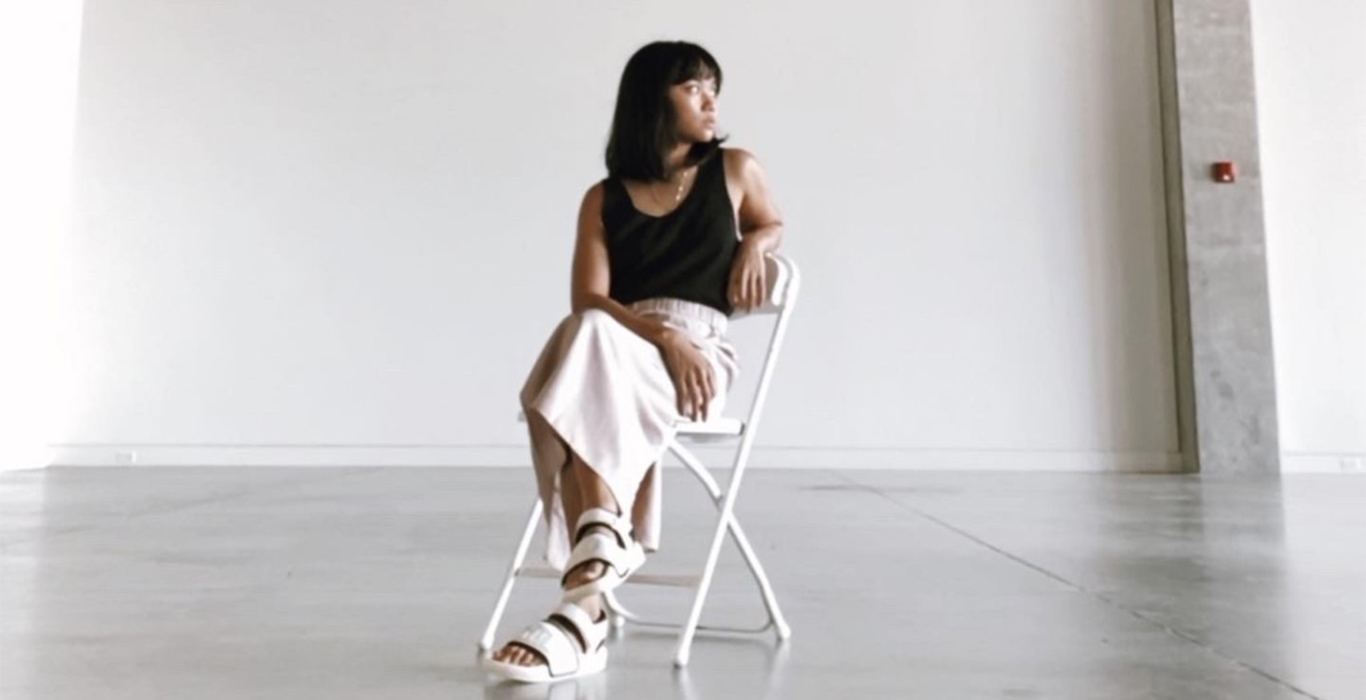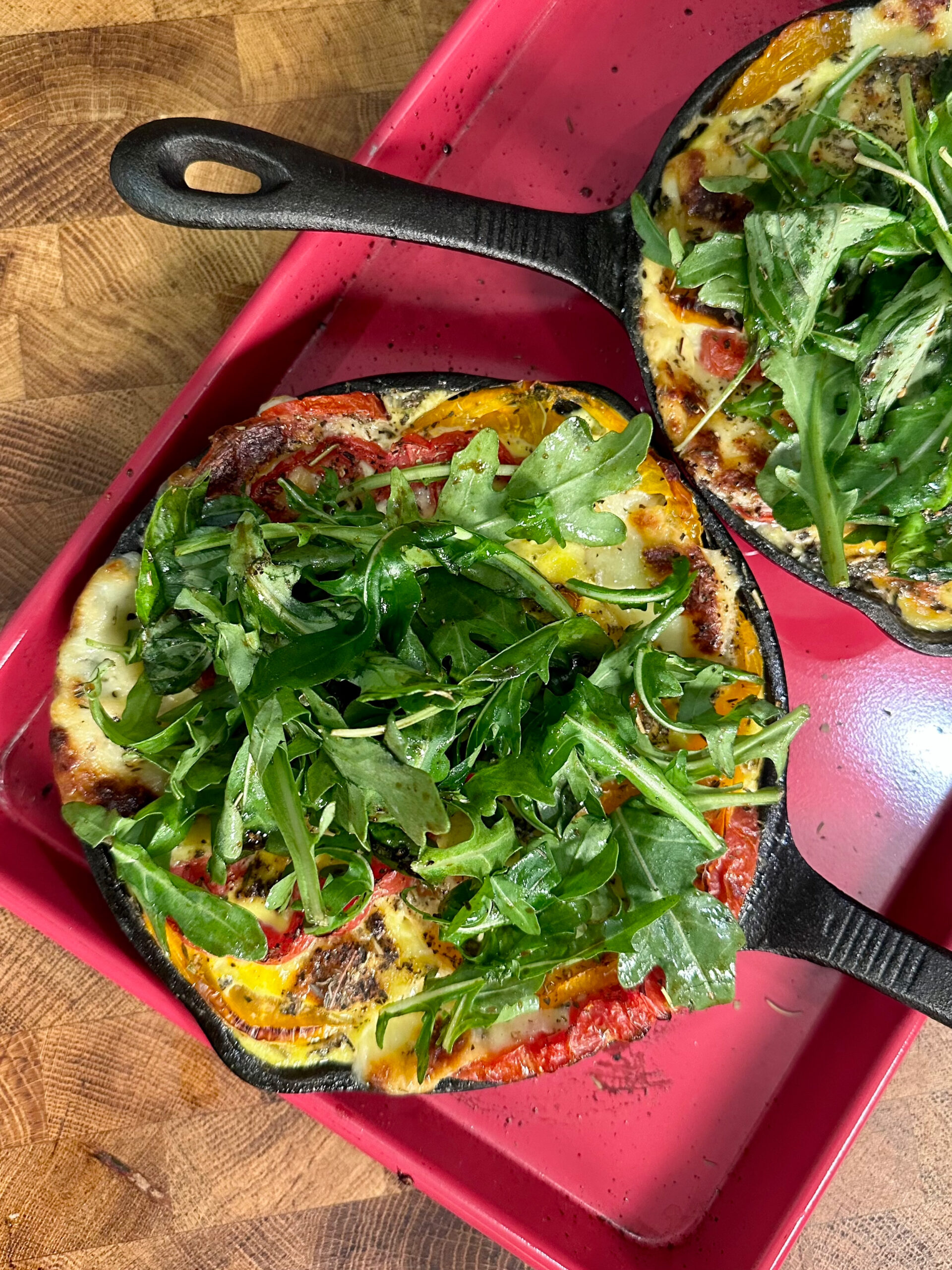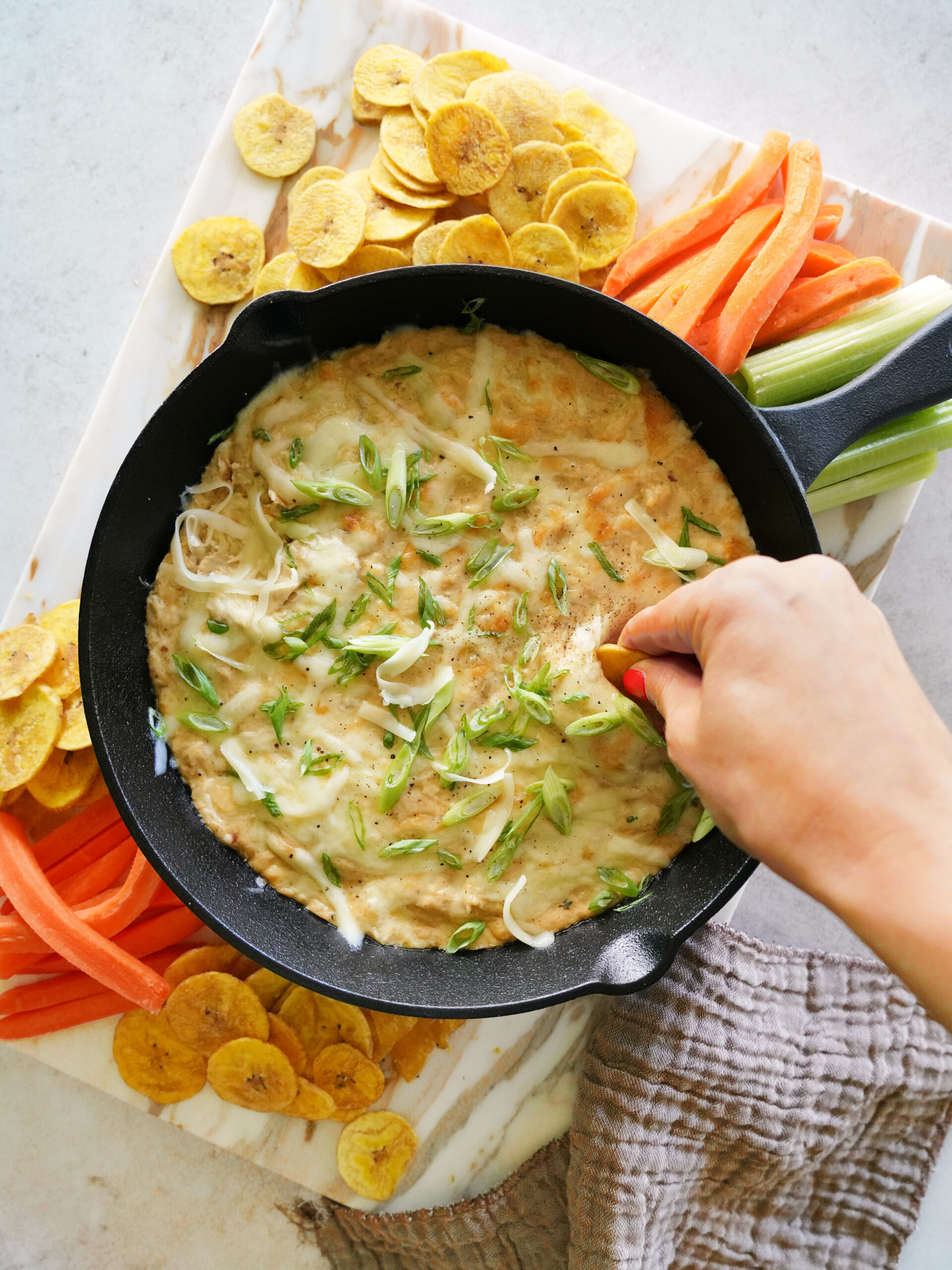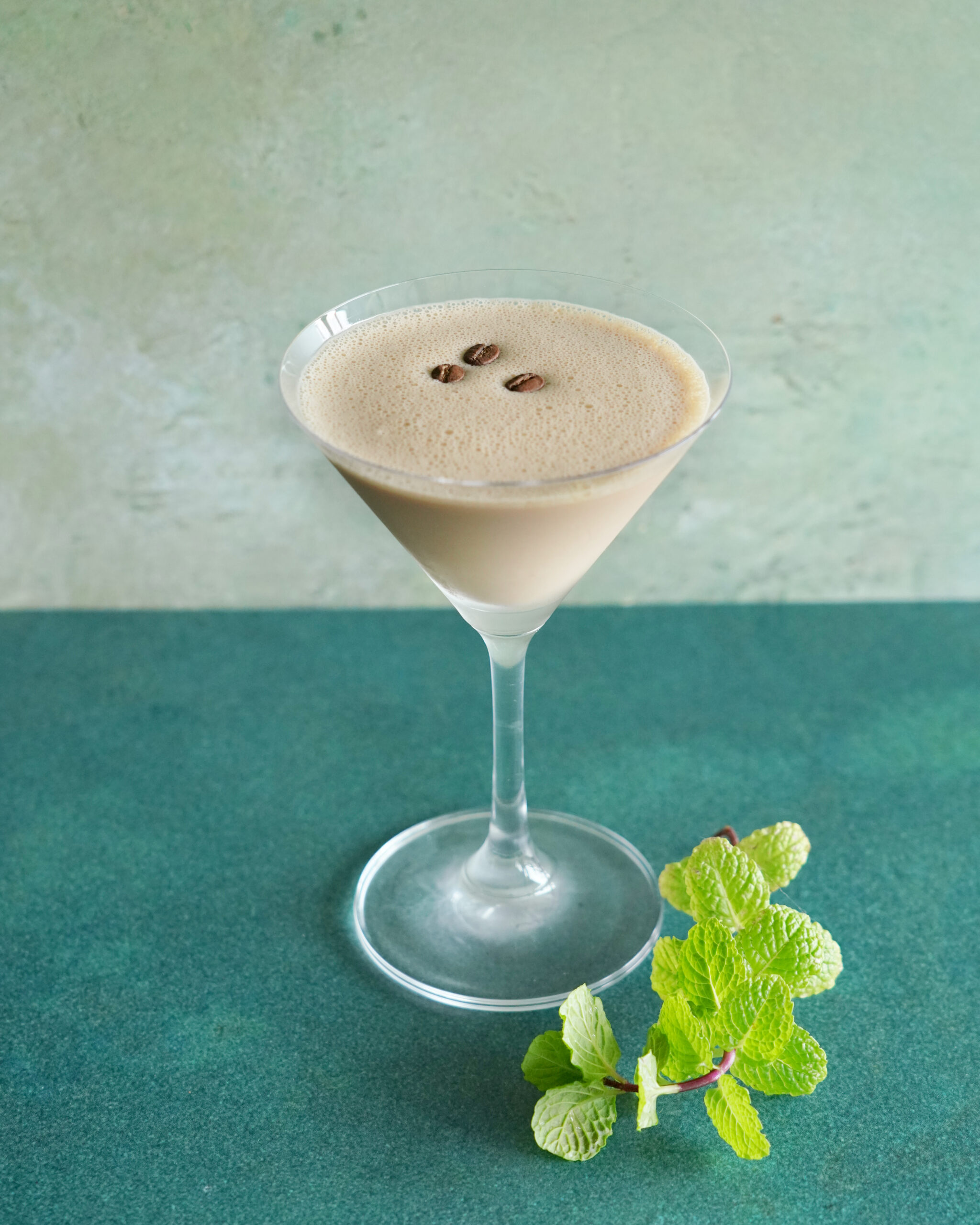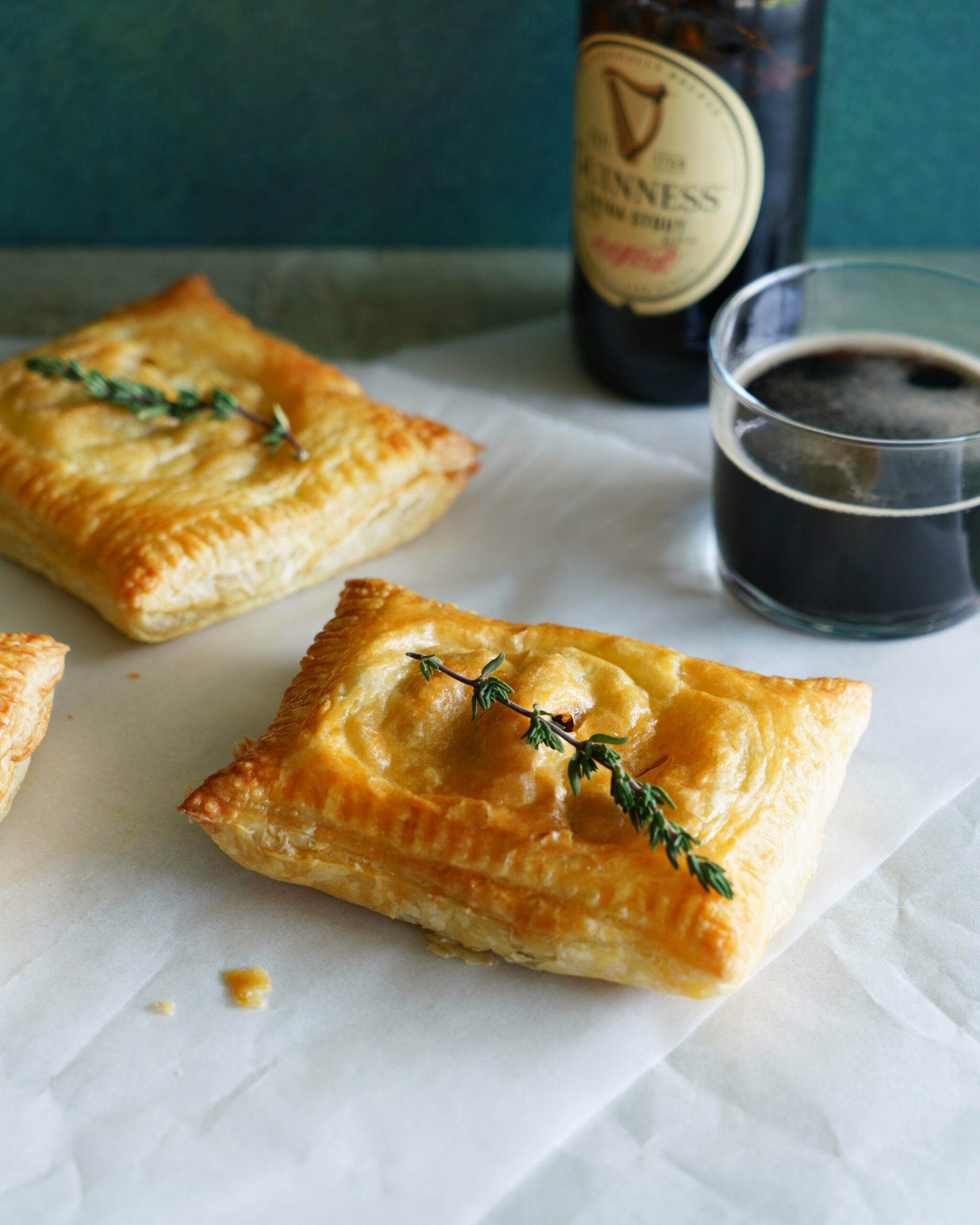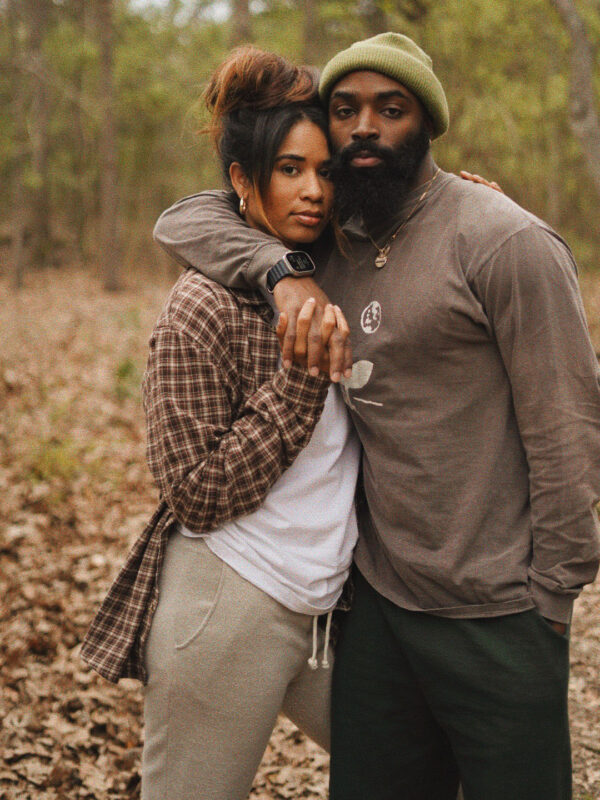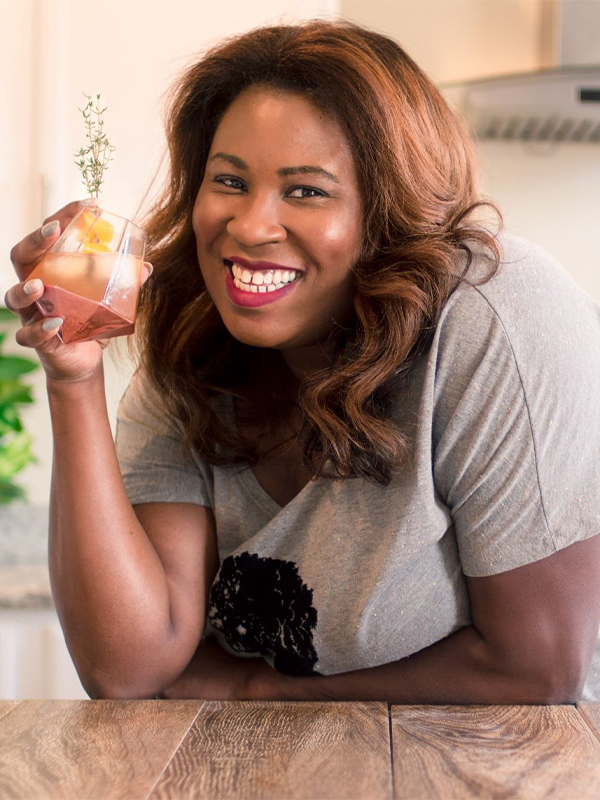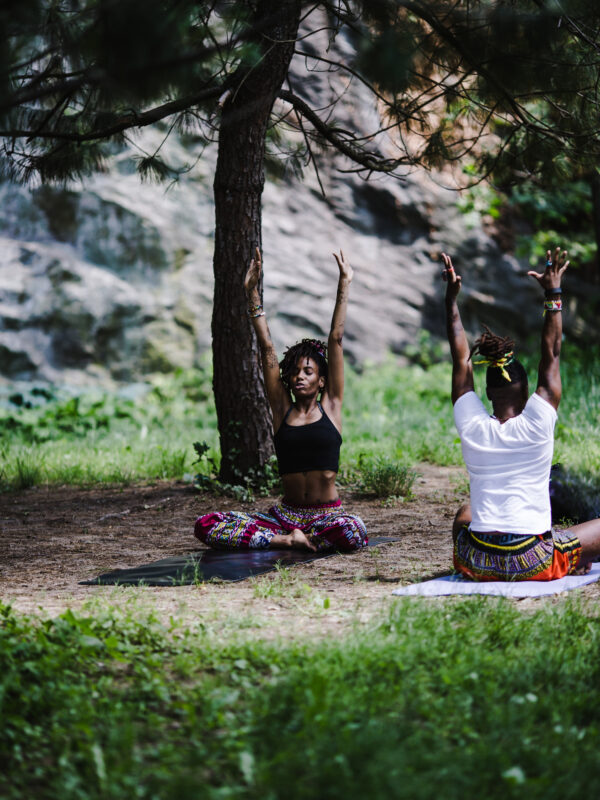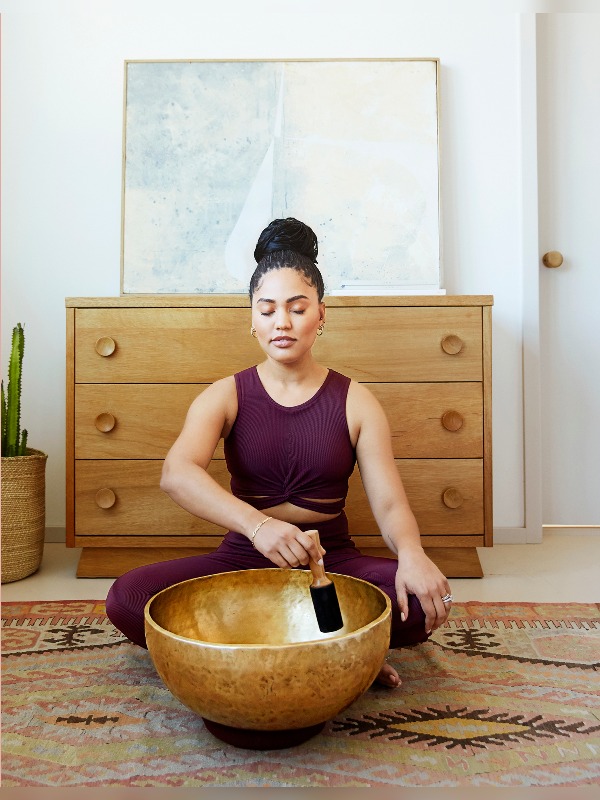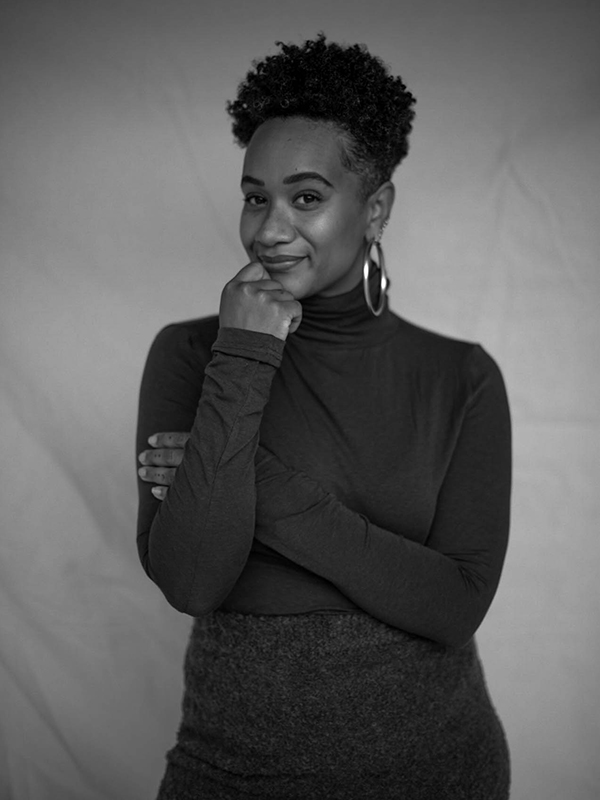Navigating the intense pressures of being a lifestyle publicist and entrepreneur led Bianca Caampued, 38, down a path of alcohol and substance abuse to deal with her social anxiety. Now that she knows the root cause of her feelings, she’s learned better ways to cope with anxiety. She shares her journey below.
I have a history of both alcoholism and substance abuse. All of that started in my twenties and went on for about nine years. Much of that had to do with it being a coping mechanism for anxiety. I thought being around people all the time and having to network justified needing to be that way. I think many people find this when they’re a little bit anxious in social settings, anxious or stressed about anything in general, or feel sadness or depression.
I feel like not drinking these days is much more prevalent, and you see it culturally with the rise of all non-alcoholic and zero-proof beverages. But at the time that I got sober, which was in 2013, that wasn’t the case.
The majority of my twenties was very reckless, uncontrollable and damaging—both to myself and the people around me. I think I had hit what people call a bottom. The biggest challenge for anybody with addiction is that other people can’t help you realize it. You have to come to it on your own, and you cannot make a positive change in your life until you have accepted it. Ultimately, I found that I had no one to save me but myself.
“Who are you without this substance or this drink? Boundary setting is also a crucial lesson.”
I started Small Girls PR at 25. I was living in New York; it is the lifestyle you feel you need to be living in your twenties. On the surface, I was living a very successful life—and I was. I had started Small Girls PR but was in this whirlwind of reckless life at the same time, for the first four years of the agency.
Drinking alcohol and taking substances, I think, helped me function for a while until it didn’t. Our bodies can only handle so much. In the beginning, I did find it very helpful. It helped me get through a lot of day-to-day and the evenings you have to work in this industry. But I am a small girl, and my body can’t handle everything. I am five feet. I fluctuate between about 95 to a hundred pounds.
When I got sober, I was 29. Approaching my thirties was one of those wake-up calls of needing to get myself together. It was a few days after my birthday. I remember my feelings on the day I decided to be sober. I was feeling helpless. I knew someone in the industry who had gotten sober the year prior. I reached out to her and asked her how she did it, and she talked me through it. I ended up going into a 12-step program because of that conversation.
When I first got sober, I developed a very strong community of sober women I started spending more time with, which really did help. We’ve watched each other grow to do everything we’re doing now and see such a massive life shift.
There are people I was very close to at the time who didn’t go that route and found themselves in very different places. I had someone close to me pass away from addiction a few days before my birthday this year. We lived similarly back then. Throughout the last nine years, he would reach out to me through various stints in rehab. The way that his life went was a very stark reminder for me of the other path my life could have taken.
I started therapy as soon as I got sober, and I’ve been going to therapy for the last nine years. We need to normalize therapy. Therapy helped me get to the root of the issues. I had to go through the process of unraveling what I did to grasp and understand how much this affected my life fully.
Another very valuable thing about getting sober is learning to get in tune with yourself. Who are you without this substance or this drink? Boundary setting is also a crucial lesson. It’s okay to leave the event early, and it’s okay to say, “No, I don’t have the energy to attend an event or a party.”
One of the other gifts of being sober is peeling the layers of who I am, what I’m passionate about, and what I want to do with my life. I learned that it’s okay to let go of things that I once believed defined me. In 2020, unrelated to the pandemic, I stepped down from the day-to-day at Small Girls PR. This is a PR agency that I had founded 10 years prior that I poured my identity into and what everyone knew me as.
The agency had grown to a place where we had many employees who were passionate about the work that we were doing. I had started feeling more disconnected from PR and felt my skills could be of better use in other ways. I wanted to do work that directly impacted communities and people. It doesn’t have to be alcoholism or substance abuse.
“I genuinely feel so fulfilled, like I’m viscerally feeling my purpose with everything I’m doing now.”
I started to look for ways to help others struggling with the same issues. I became very open with speaking about my challenges with anxiety and the challenges of public relations. And in 2018, I was introduced to the city of Tulsa, Oklahoma, through my work in PR. I was drawn to the city, community, people and energy. I decided that I would live there and bought a house. I’ve been splitting my time between New York and Tulsa since then. The work that I’m doing now is primarily in Tulsa. I started two nonprofits. One is called Tulsa Creative Engine, a nonprofit that supports the creative community by providing the resources they need to build their careers and thrive. My other nonprofit, Return to Hope, provides employment, health and wellness resources for justice-involved women.
I feel like I’m living in my Ikigai.
Ikigai is a Japanese concept of one’s sense of purpose or reason for living. It’s like a Venn diagram in that it reflects what you love, what you’re good at, what the world needs, and what you can get paid for. When all four things align, or you’re hitting all four circles, that’s when you’re in your Ikigai. I genuinely feel so fulfilled, like I’m viscerally feeling my purpose with everything I’m doing now. It hasn’t been without its challenges, but that feeling keeps me going, making me understand that I’m doing what I need to be doing.
None of this would be possible if I didn’t get sober.
—By Bianca Caampued as told to Brittney Oliver
This interview was conducted in December 2022 and has been edited and condensed for clarity.

